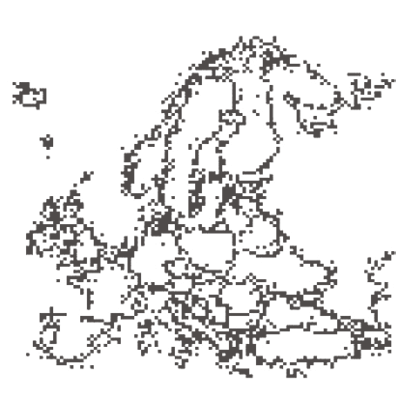Origin matters: The power of geographical indications for alcoholic beverages
Some categories of goods, such as agricultural produce, foods and spirits, are valued by customers primarily because of the exceptional natural conditions of their town, region or country of origin, or because of their traditional production methods. Authorised producers use geographical indications for their products to underline this uniqueness.

Can the name of an alcoholic beverage be misleading?
Alongside the trademark, the label of a product must also identify the product itself, so that consumers know what type of product they are being offered. But in the European Union alone, there may be a dozen or more legal definitions of certain alcoholic beverages, such as cider or perry. This means that the qualitative requirements differ across various member states, presenting a huge challenge for producers, particularly when the EU policy agenda has taken up the fight against double standards for foods offered in different parts of the EU.

Infringement of personal rights in the alcoholic beverage industry
Commercial exploitation of the attributes of well-known, admired or distinguished persons can bring a product positive associations, build recognition, and reinforce popularity. It is a guarantee of the highest quality and reliable origin. Names and images of long-dead historical figures in particular are often found on labels and in ads for alcoholic beverages. Sobieski, Chrobry, Poniatowski, Jagiełło, Kazimierz Wielki and Pułaski gaze at tipplers from bars and store shelves, along with Chopin, Ogiński and Amundsen. Can the use of attributes of a third party, including someone who is no longer alive, constitute an infringement of personal rights, and if so, whose? And what are the legal consequences? The answers are not always obvious.

Alcoholic beverages fraud is not just counterfeiting
Alcoholic beverages with counterfeit trademarks are just part of the fraudulent alcoholic beverages market. Fraud can also mean giving false information about a product’s properties. Penal sanctions can be imposed on perpetrators of both types.

An enforcement clause can be issued for a ruling against a bankrupt company
The Polish Supreme Court has confirmed that there is no reason not to confirm that a foreign judgment against a bankrupt company is enforceable, and issue an enforcement clause. Courts of lower instance have ruled out this possibility.

Public procurement in the GDPR era
Contracting authorities have to bear in mind that protected personal data are processed in their procedures. Procedure documentation has to comply with new laws now that the GDPR is in effect.

Polish wind farms before the Court of Justice of the European Union
The issue of limits on construction of new on-shore wind turbines was examined by the CJEU. Have technical provisions been introduced without notification of the European Commission, and does this mean that Polish courts are required to refuse to apply them?

Plans for revolution in classification of a substance as a by-product
A bill has been submitted to the Sejm proposing major changes to the procedure for classification of objects or substances as by-products. If the amendment is passed, this will have a negative impact on anybody who uses such products in their activity. All classifications of objects or substances as by-products performed under the current laws will expire six months after the new bill comes into force.

When a residential part of a building becomes a hotel
The Supreme Administrative Court recently reviewed a case concerning unauthorised change of use of real estate. According to the construction permit it was supposed to be a residential part of a building, but was converted into rooms to be let.

Problems with a task-based working system
Hiring employees according to a task-based working system when there are no grounds for applying a system of that kind, and where the level of tasks required of an employee is not properly selected, could prove costly for an employer in the event of a dispute.

Employers must maintain a record of processing activities
Today (24 May 2018) is the last day for adjusting business operations to comply with the new requirements of the General Data Protection Regulation. The Article 29 Data Protection Working Party takes the view that under the GDPR, practically all employers must maintain a record of processing activities with respect to their employees’ data.

A clean criminal record is no longer sensitive information
The EU’s General Data Protection Regulation enters into force tomorrow (25 May 2018). The GDPR changes the legal classification of data contained in certificates of a clean criminal record. Unlike other changes in the GDPR, this change represents a step toward liberalisation. How will data of this type be treated?
